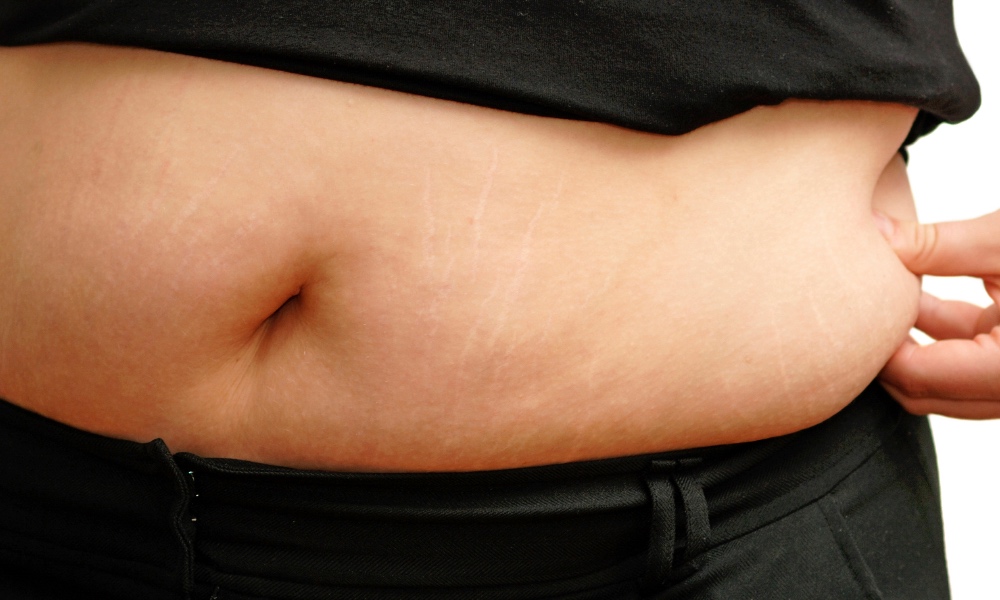Middle-age spread and the extra tummy fat that many women acquire around the time they are going through menopause is a thorn in the side for the majority of women. In fact, over 70 percent of American women between the ages of 40 and 60 are overweight or obese.
Body changes that accompany menopause and aging don’t help the situation and can contribute to weight gain. The findings of a new study support this assessment. To ward off or limit the amount of weight women gain, researchers now recommend that clinicians address the problem with women before the weight gain begins.
Chronic conditions like high blood pressure, high cholesterol, type 2 diabetes, heart disease, stroke and some forms of cancer are more likely to develop in obese women.
A massive study commissioned by the Women’s Preventive Services Initiative gathered evidence on preventing obesity in middle-aged women. Previous studies and guidelines have focused on behavioral guidelines for women who were already obese.Typically, middle-aged women gain about 1½ pounds a year. This could easily tip a normal weight or overweight woman into obesity.
The new study, conducted by researchers at Oregon Health & Science University, reviewed seven trials focused on weight gain prevention strategies. They were looking at strategies that worked and those that didn’t. Nearly 52,000 women were involved.
Five of the trials focused on counseling women on behavior changes, one involved medically supervised exercise, and one prescribed both counseling and exercise. Four of the counseling trials resulted in modest weight loss among women, but the exercise studies did not. In fact, one of the exercise studies reported an increased number of falls in overweight women who were previously inactive.
Typically, middle-aged women gain about 1½ pounds a year, and this could easily tip a normal weight or overweight woman into obesity.
One of the recommendations that came out of the analysis is to begin discussing the risks of obesity with women who are still at a healthy weight or overweight to maintain their weight or limit future weight gain. Encouraging women to take steps to control their weight before they fall into the obese body mass index category is likely to be more successful than trying to help them lose weight they have already gained.
Counseling could be as simple as individualized discussions on healthy eating and increasing physical activity. Physicians and other primary health care providers may not feel like they have the time for such a talk with their patients, but one way to help would be to have a registered dietitian nutritionists available to consult with women in physician offices or community clinics.
Being able to schedule a consultation with a registered dietitian nutritionist as part of one’s healthcare would be a practical and effective way to offer counseling for all women. And it would lessen concerns about weight stigma that may result from only providing counseling only to obese women. Further research could determine which kinds of behavioral interventions can be introduced in primary care settings to better help women from different backgrounds keep their weight in check.
The study is published in the Annals of Internal Medicine.





